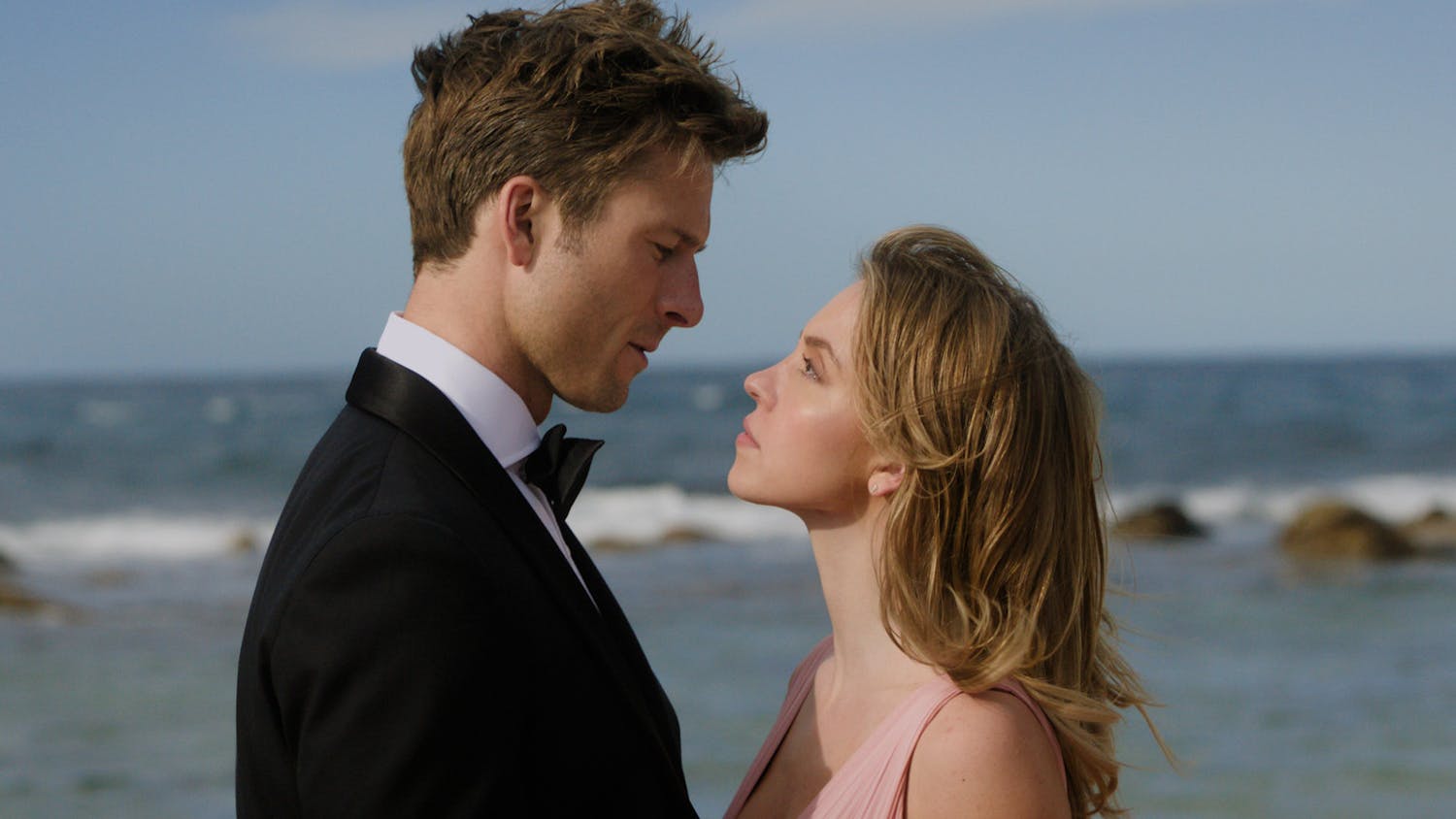I sit on my less-than-comfortable futon, amazed at the emotional exhaustion I feel after finishing “The Fault in our Stars.”
This novel, by John Green tells the story of Hazel Grace, a teenage girl with cancer. She meets Augustus Waters at her support group and together they talk about life and death. But more importantly, they talk about subjects frequented by the average teenager—books, video games and bands.
Hazel builds up a wall against Augustus, refusing to be a deadly grenade in his life. Her prognosis gives her less time to live than he, who was declared to be cancer free. Hazel despises the idea of causing heartache to a boy she loves as her death rapidly approaches.
So they tread precariously in the friend zone while chasing down the author of the book they bonded over. Due to “cancer perks,” the two youngsters are able to dart over to Amsterdam accompanied by an adult. Despite disappointments on the trip, they eventually give in to the undeniable love that has developed between them.
I do not desire to be the one to ruin the end of the book for anyone. Therefore, I shall say nothing more about the plot other than a novel about two cancer patients can be optimistic, to an extent.
There is so much about Green’s latest novel that could have gone horribly wrong. It would have been simple for this plot line to transition into an overused “carpe diem” tone. But it did not. This books strikes the reader with a harsh reality of the brevity of life and the injustices that seem to accompany it.
Despite the heavy subject matter, “The Fault in Our Stars” is laced with humor and sentimentalism. I found myself thinking fondly of my own parents as Hazel thinks about hers. I chuckled out loud at the dark humor used by the young characters.
Green creates characters that are easy to relate to despite their impending deaths approaching with much greater speed than the majority of readers’. Hazel struggles with loneliness and isolations, just like other teenage girls.
She views her best friend as the author of her favorite book. She struggles in her relationship with Augustus. Augustus grapples with heartache and passion while conflicting with his parents. Theses emotions and struggles are accessible to the common person, but they are magnified under the lens of deadly cancer.
Now, I must say that this book is slightly predictable. However, rather than being monotonous and frustrating, the almost foreseeable plot matches well with Grace’s blunt sense of humor and caustic outlook on life.
John Green has ben hailed as this generation’s J.D. Salinger. This may be an overstatement and Hazel Grace is no Holden Caufield, however, this novel does provide an opportunity for Green to branch away from the youth culture that has claimed him as its own and emerge into the literary world of average adult people.
In the book Augustus says, “You don’t get to choose if you get hurt in this world, but you do have some say in who hurts you.” This book is wise beyond its years and nearly perfectly constructed.
It does not excel because of constant plot twists or action-packed events. It excels because of the harsh honesty that accompanies every interaction. The reader will fall in love with the characters, cautiously laugh at the morbid jokes and shed an appropriate tear or two throughout “The Fault in our Stars.”





